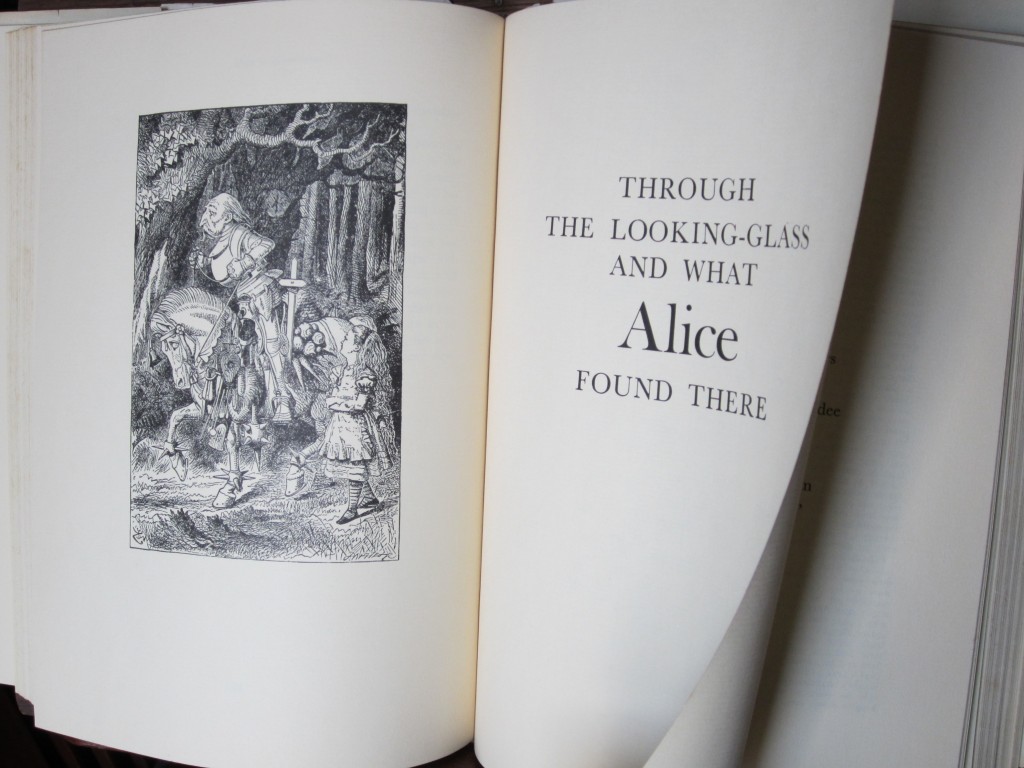
If you’re like me, you loved stories when you were a child. I still love them. I love entering into an imaginative world where characters come to life. I love wondering how the story will unfold and where will the characters be by the end. How will they have changed? How will their problems have resolved themselves, or gotten worse?
Stories can be helpful. They can serve as maps that guide us through confusion, reassuring us that others have struggled with the same things we do. Some of the great mythological stories teach us who we are and they can be a lifeline for us when we’re feeling lost. When we find ourselves in a wilderness time, for example, the story of the Exodus and the Hebrews’ long sojourn through the wilderness gives us something to hold onto. It reminds us that our journey through uncertainty has a purpose: to force us to leave behind all the familiar trappings that have enslaved us; to challenge us to trust, even when it seems there is no visible future ahead; to remember that our liberation is not simply of our own making but also depends on the guidance and grace of a power that is beyond our control. All of these things, the Exodus teaches us, must be experienced before we are ready to enter into the future that awaits us.
But not all stories are helpful. Some don’t show us a way out of our present dilemmas but rather keep us trapped inside them. These stories are often ones we have inherited about ourselves from our family or culture, and they take shape as thought-forms in our mind telling us all is lost, that our situation is hopeless, that our life is worthless, that our world is doomed, that we are alone. These stories turn the mind into a hell-realm, and they can be so compelling that no other reality can even seem to exist.
But then, beyond the experience of story as map and story as trap is the storyless state altogether. This is the realm of being which is free of all narrative. It is the bliss of pure existence and consciousness in which we experience the exquisite beauty of the Infinite All.
Being mindful of the stories we are inhabiting and whether they guide or imprison us can be very useful. When we find ourselves in the throes of a particular challenge, we can identify with a great mythological story which can help guide and empower us through our struggle– or we can even write our own. And with practice we can begin release the hell realm stories by recognizing them for the thought-forms that they are which — despite their persuasive power and imaginative plot lines — have no basis in reality.
And perhaps most helpful of all, we can touch in from time to time with our original nature, that of storyless being where, in the realm of the Infinite All, we know ourselves as boundless and free.
Leave a Reply